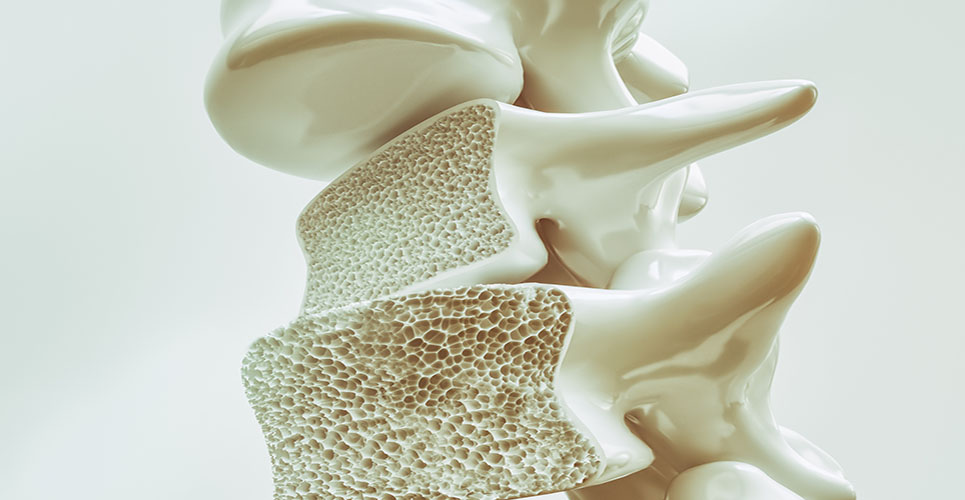teaser
UCB (Euronext Brussels: UCB) and Amgen (Nasdaq: AMGN) announced today positive top-line results from their Phase II clinical study comparing sclerostin-antibody CDP7851/AMG785 to placebo in post-menopausal women with low bone mineral density (BMD) for the treatment of post-menopausal osteoporosis (PMO).
This Phase II study met its primary endpoint, demonstrating significant increases in lumbar spine bone mineral density at month 12 for CDP7851/AMG785 active arms versus the placebo arm. In addition, CDP7851/AMG785 compared positively with the two active comparators, teriparatide and alendronate.
The overall incidence of adverse events was generally balanced between groups. Consistent with previous studies, injection site reactions were reported more frequently in those patients receiving CDP7851/AMG785.
“We are encouraged by the results of this study,” said Roger M. Perlmutter, Executive Vice President of Research and Development at Amgen.
“Despite available osteoporosis therapies, there remains a significant need for additional treatment options that form new bone in women with post-menopausal osteoporosis. We look forward to working with UCB to advance the CDP7851/AMG785 programme into Phase III.”
“The CDP7851/AMG785 project with Amgen is one of the most exciting pipeline programmes in UCB’s immunology disease portfolio. The favourable comparison with established therapies indicates the potential for a change of treatment paradigms with CDP7851/AMG785 in PMO”, said Prof. Dr. Iris Loew-Friedrich, Chief Medical Officer of UCB and Executive Vice-President Global Projects and Development.
“We will now begin the in depth analysis of the data to prepare for the Phase III programme. The results fuel our energy working towards providing a new treatment option for the millions of women living with PMO.”
The 12-month Phase II study is a multi-centre, international, randomised, placebo-controlled, parallel-group study designed to evaluate the effect of CDP7851/AMG785 compared to placebo in women with low BMD, and to characterise the safety and tolerability of CDP7851/AMG785. Approximately 400 post-menopausal women with low BMD (T-scores between -2.0 and -3.5) are enrolled in the study. Treatment arms included dosing at 70, 140 and 210mg subcutaneously once a month, and 140 and 210mg every three months, against matched placebo for all treatment groups.
Detailed results will be submitted for presentation at a future medical congress.
CDP7851/AMG785 is a humanised monoclonal antibody that binds to and inhibits sclerostin, a protein secreted by bone cells that inhibits bone formation. By binding to and blocking sclerostin, CDP7851/AMG785 is designed to allow the body to add more bone to the skeleton. Amgen and UCB have collaborated for the development of CDP7851/AMG785 for the treatment of bone-related conditions, including PMO and fracture healing.

